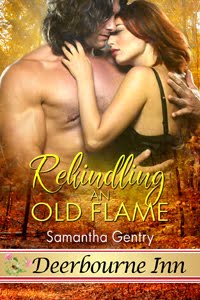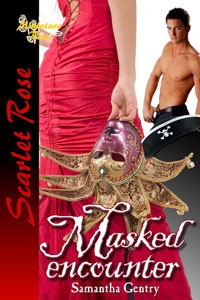While trying to decide on a topic for today's blog, I was torn between a writing type topic or a more general area of discussion. Since last two week's blogs have been a writing topic, I decided to continue along those lines.
A couple of days ago I was watching on old movie, the 1974 production of Agatha Christie's Murder On The Orient Express with its all star cast where almost everyone in the movie was a major character. It occurred to me that there were very few characters other than the many primary ones (isolated on a train trapped by the snow is akin to a locked room mystery with no new characters added or current ones removed). So I started thinking about secondary characters and how they can be used to prod, shove, and push the main characters into and along the necessary path for the story line.
So, let's talk a bit about secondary characters.
When I say secondary characters, I'm not referring to the minor characters that decorate a scene and maybe have a couple of lines of dialogue or only appear in one scene. I'm talking about the characters who have a prominent place in your story but are not your main characters. These are the characters you can use to maneuver your main characters into and along the path toward achieving the story goal. They are a key factor in moving your story along and determining what direction it takes.
In developing these characters, they need to do more than merely be there—more than just someone for your main character to have lunch with. You need to decide what you want them to accomplish and how you want them to relate to and interact with your main characters in addition to each other in order to move your story line along to its conclusion. Let's take a look at how a set of secondary characters can be used to move a story line in a specific direction. Remember, it's not who they are, it's what they do and how they relate to the main characters and how the main characters respond to them.
Example: You have a story about a teenager who is the leader of a gang that has been stealing cars for some mobsters. You have two ways you can go with your main character, in other words, two directions your story line can take and you must choose one of them. #1: he wants to leave the gang and make something of his life OR #2: he runs his gang with a iron hand and threatens anyone who wants out.
With scenario #1 your secondary characters who will influence the story line can be his girl friend, his little brother, and one of his teachers. That tells you who they are (what their relationship is to your main character), but doesn't tell you how they move the story. His girl friend fears for his safety and finally gives him the ultimatum to leave the gang or she's leaving him. His little brother idolizes him and wants to be just like him, but he doesn't want his little brother to make the same mistakes he did. His teacher is mentoring him by helping him with his studies and finding him an after school job.
With scenario #2 your secondary characters can be his girl friend, a rival gang leader, and his contact with the mobster who pays him for the stolen cars. Again, that tells you who they are and what their relationship is to your main character but not what they do to move the story in a specific direction. His girl friend demands more and more in the way of material things so he needs the money from stealing cars to keep her happy. The rival gang leader is trying to take over his stolen car business so he has to watch his back at all times to protect himself and his own interests. The mobster gives him access to the easy money he needs to keep his girl friend happy and the promise of being able to move into their organization and advance in the criminal world.
Each scenario has a girl friend, but her function is different in the two scenarios so that her character helps move the two story lines in two different directions.
One of the great things about secondary characters is that you can make them as outrageous, unconventional and over-the-top as you want. You don't have the same parameters and cautions with secondary characters as you do with your main characters. The main thing you need to be careful with in creating your secondary character is to not make them more interesting than your main characters so that they don't steal the show and shove your main characters into the background.
A good example of secondary characters being over the top was the television situation comedy Will and Grace. The secondary characters of Karen and Jack were totally outrageous while the main characters of Will and Grace were more grounded.
Any comments about developing and using secondary characters in your writing? Or any television shows, movies, or books where the secondary characters stood out in your mind with the way they were able to guide and manipulate the story line?






























